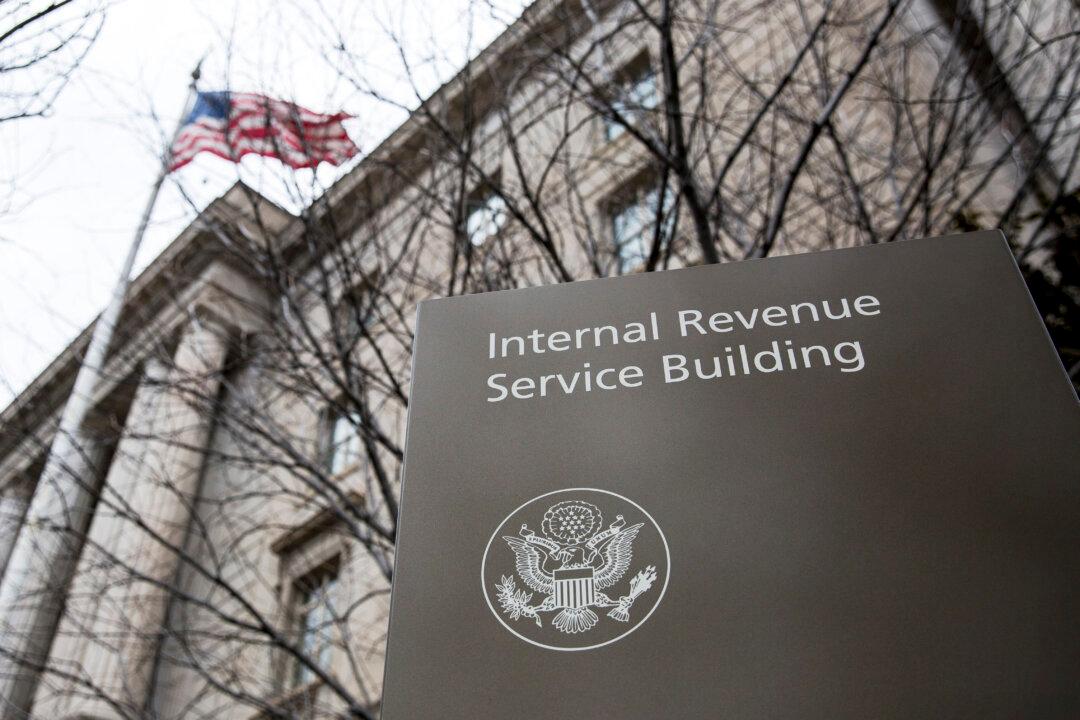Tax authorities are extending more tax deadlines to July 15, the Internal Revenue Service (IRS) said.
The changes, announced on Thursday, mean that Americans’ 2019 income tax returns and payments are now due on July 15.


Tax authorities are extending more tax deadlines to July 15, the Internal Revenue Service (IRS) said.